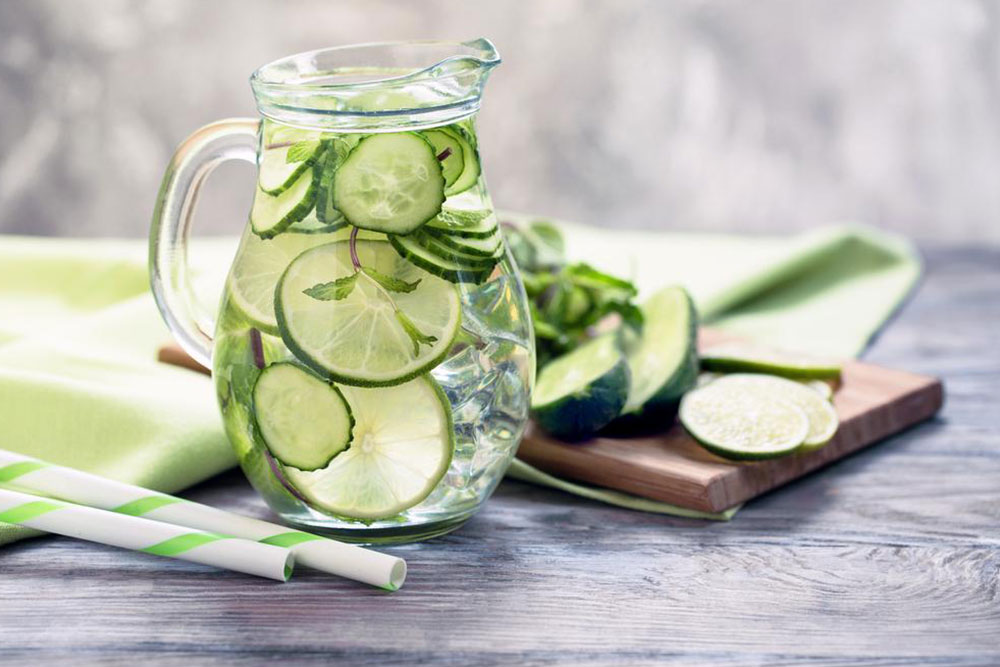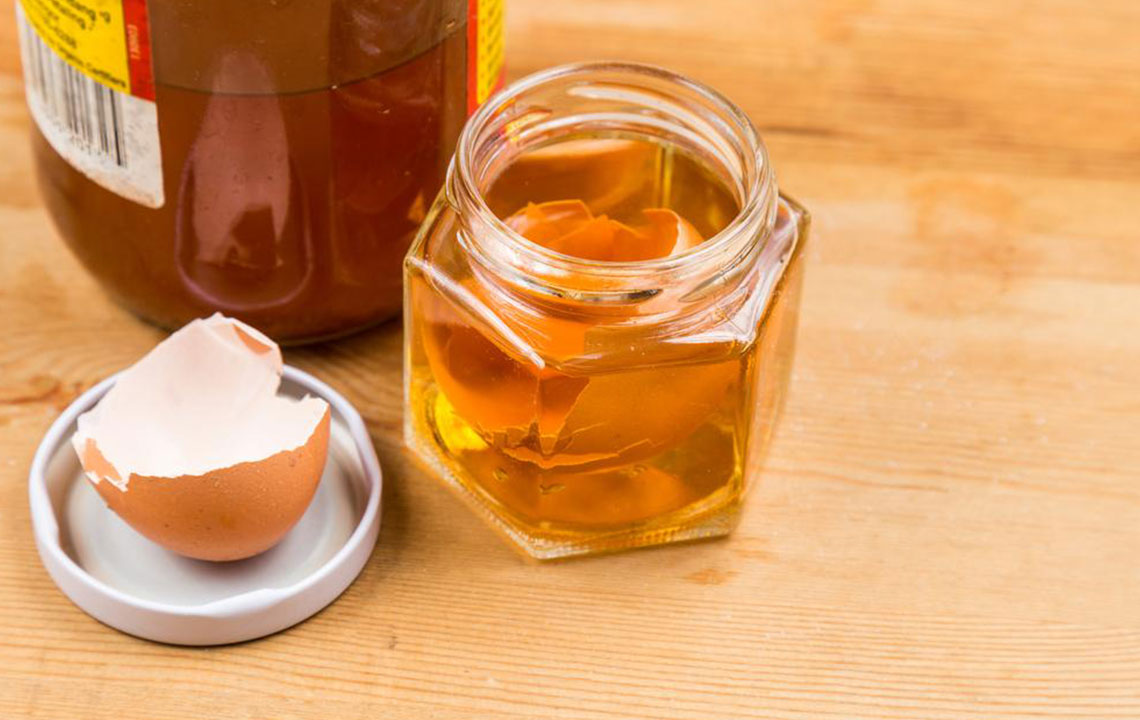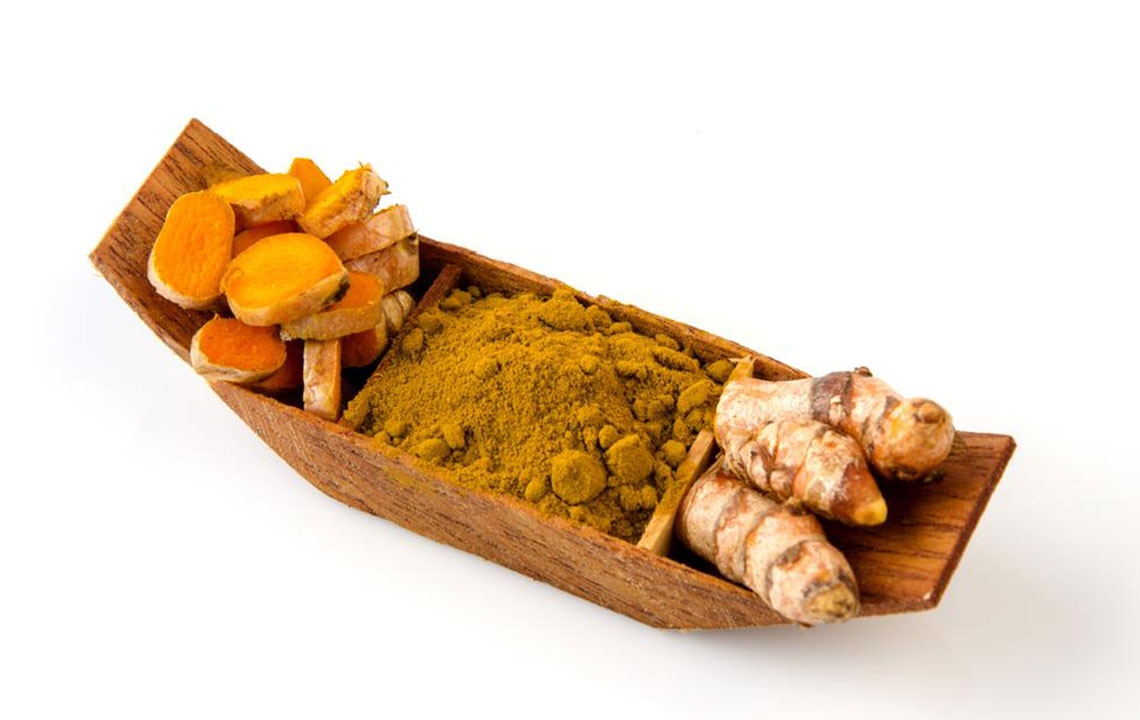Natural Home Remedies for Relieving Bloating and Excess Gas
This comprehensive guide offers natural and practical solutions to relieve bloating and excess gas. It covers common causes, dietary tips, and herbal remedies such as peppermint, ginger, and chamomile teas. By adopting healthier eating habits, staying hydrated, and engaging in regular physical activity, individuals can effectively manage bloating symptoms. The article emphasizes lifestyle modifications and natural treatments that improve digestive health, making it a valuable resource for those seeking long-term relief from gas and bloating discomfort.

Effective Natural Approaches to Alleviate Bloating and Gas Discomfort
Experiencing a bloated stomach is a common issue faced by many individuals at some point in their lives. While occasional bloating is normal, persistent or severe gas and bloating can cause considerable discomfort and impact daily activities. Understanding the causes and exploring natural remedies can help significantly reduce symptoms and promote better digestive health.
On average, adults pass gas approximately 13 to 21 times a day. Gas formation is a natural part of digestion, resulting from the breakdown of certain foods and swallowing air. However, when gas accumulates excessively, it can lead to feelings of fullness, abdominal distention, cramps, and general discomfort. Recognizing the triggers and employing effective home remedies can help manage and alleviate bloating effectively.
Common Causes of Bloating and Gas
Several factors contribute to the development of bloating and excessive gas. Overeating or consuming large meals in a short period stretches the stomach and increases the likelihood of gas buildup. Additionally, swallowing air during eating or drinking, especially when using a straw, can introduce excess air into the digestive system, leading to bloating.
Eating quickly can prevent proper chewing, causing more air to be swallowed. Certain foods are notorious for producing gas, such as spicy dishes, processed foods, dairy products, beans, broccoli, cabbage, and carbonated beverages. Artificial sweeteners like sorbitol found in sugar-free gum and candies may also cause gas and bloating.
Other factors include gastrointestinal conditions such as irritable bowel syndrome (IBS), ulcers, or an imbalance of intestinal bacteria. Lifestyle habits like smoking and excessive gum chewing can also contribute to gas buildup. Furthermore, constipation, which slows down the movement of waste through the intestines, often results in bloating and discomfort.
Effective Tips to Reduce Gas and Promote Comfort
Implementing healthier eating habits is essential for combating bloating. Focus on consuming smaller, more frequent meals rather than large portions. Avoid eating spicy, greasy, high-fiber, or fatty foods that can irritate the digestive tract and cause gas. Limit intake of carbonated drinks, beans, lentils, broccoli, cauliflower, and other gas-producing vegetables.
Artificial sweeteners, especially sorbitol and xylitol, are common culprits for gas and should be consumed in moderation or avoided if they trigger symptoms. Maintaining good hydration by drinking plenty of water—aiming for about 8 glasses a day—helps facilitate digestion and prevents constipation, which is a major contributor to bloating.
Regular physical activity, such as walking, jogging, or yoga after meals, can stimulate gastrointestinal motility, reduce gas buildup, and improve overall digestion. Simple exercises can be highly effective in easing bloating symptoms and promoting intestinal health.
Herbal Teas and Natural Remedies for Gas Relief
Many herbal teas have been used traditionally to soothe the digestive system and alleviate bloating. Peppermint tea is particularly popular because it contains menthol and essential oils that relax the muscles of the gastrointestinal tract, easing cramps and spasms caused by trapped gas. Drinking a cup of peppermint tea after meals can significantly reduce bloating symptoms.
Ginger tea is another powerful remedy. Ginger contains gingerols and shogaols—compounds known to reduce gastrointestinal discomfort, promote digestion, and help release trapped gas. Consuming fresh ginger pieces or ginger tea can be especially beneficial during episodes of indigestion or bloating.
Chamomile tea is often used to calm the digestive system and relax intestinal muscles, making it easier for gas to pass through the system. When combined with lemon and honey, chamomile tea not only enhances flavor but also provides additional soothing effects. Clove, a culinary herb and its oil, possess anti-inflammatory and carminative properties that can help reduce bloating and gas.
Natural seeds like pumpkin and fennel are also excellent remedies. These seeds contain antispasmodic and carminative compounds that facilitate gas release, ease stomach cramps, and support digestion. Incorporating these seeds into your diet regularly can help prevent and manage bloating symptoms over time.
In summary, adopting a combination of dietary modifications, lifestyle changes, and natural remedies can significantly improve digestive comfort and reduce bloating. Staying well-hydrated, engaging in regular physical activity, and choosing herbal options like peppermint, ginger, and chamomile teas are simple yet effective strategies to enhance gut health and ease gas-related discomfort.





